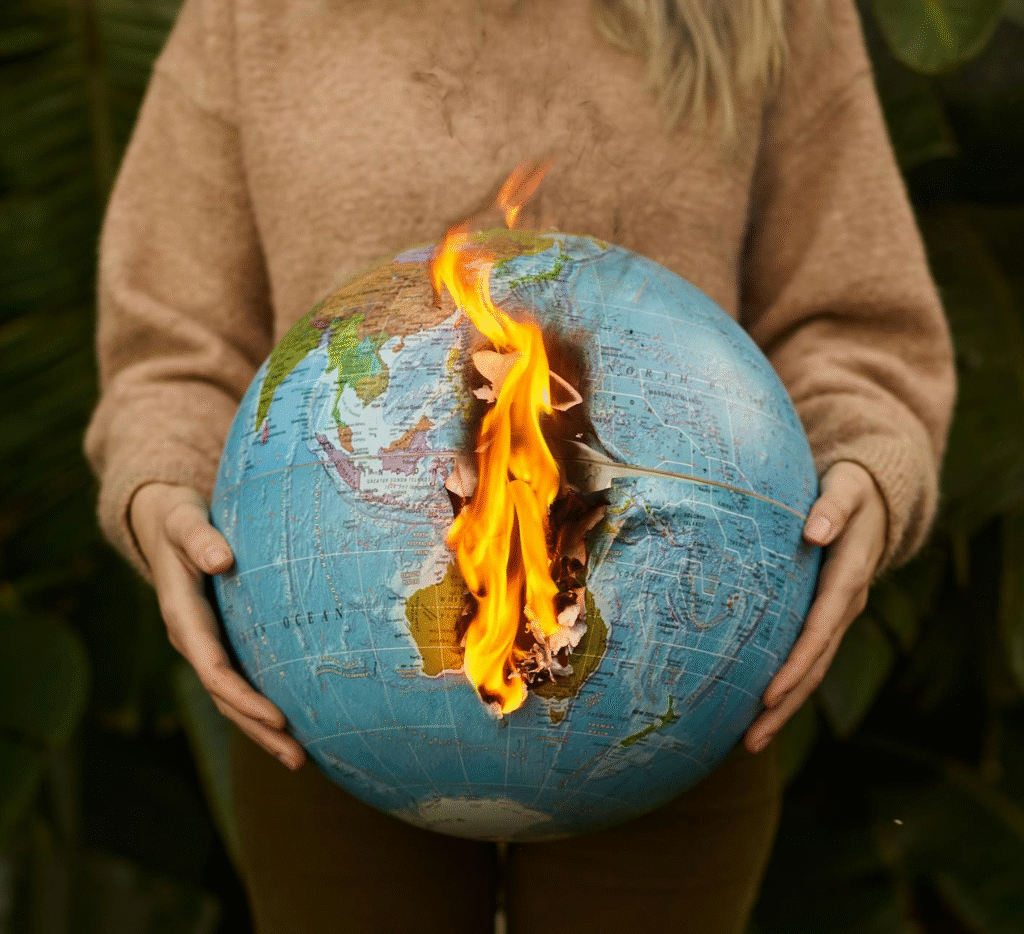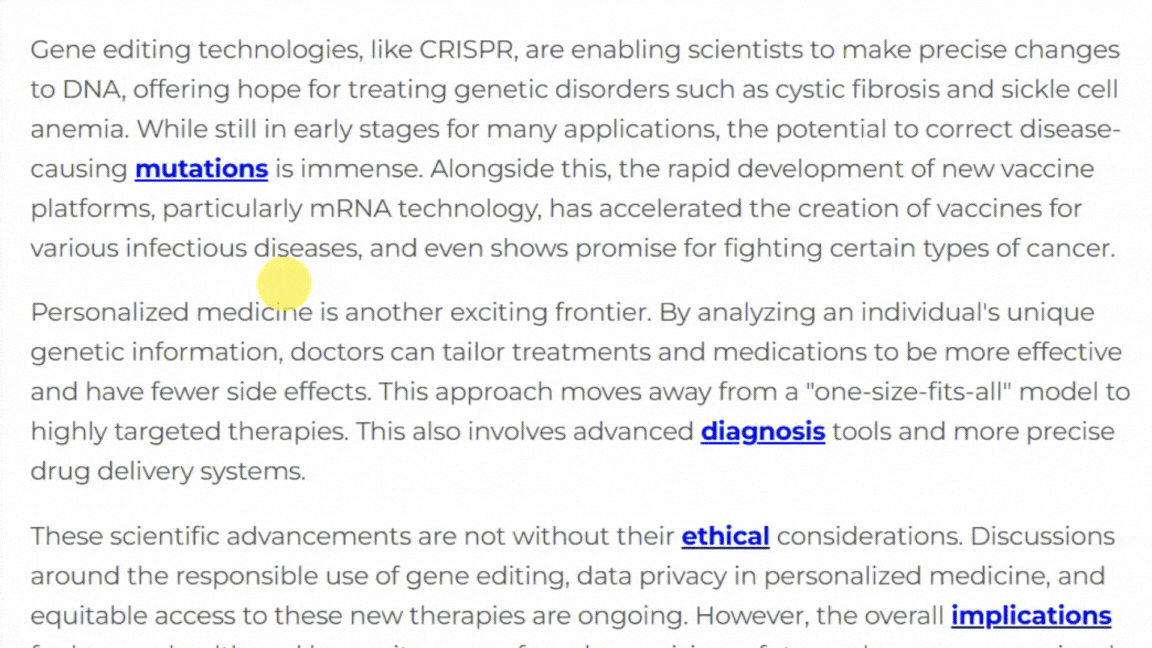Amber Talk
Enhance Your Conversation
Amber Talk
Enhance Your Conversation

Global Heatwaves
Breaking News
Listen
Scroll Down For Speaking Practice. Click ‘Practice Speaking Now’ to start.
Read
Across Europe, North America, and parts of Asia, record-breaking heatwaves are sweeping across continents. These intense periods of heat are turning cities into sweltering ovens and sparking devastating wildfires in forests and dry regions. Such extreme weather events are becoming increasingly frequent and intense, serving as a stark reminder of the accelerating pace of climate change. The urgent need for global cooperation and decisive action has never been clearer.
The impact of these heatwaves is far-reaching and affects many aspects of life. Beyond the immediate health risks like heatstroke and respiratory problems, they place immense strain on power grids as more people use air conditioning. Agriculture suffers significantly, with crops failing due to drought and livestock struggling in the extreme conditions, leading to potential food shortages and economic losses for farmers. The tourism industry also faces challenges, as popular destinations become too hot for visitors.
Scientists overwhelmingly point to human-caused emissions of greenhouse gases from activities like burning fossil fuels as the primary driver behind these dangerous changes. Reducing these emissions is crucial for mitigation – lessening the future severity of a warming planet. This requires a global shift towards renewable energy sources and more sustainable industrial practices.
However, as the planet continues to warm, communities also need to focus on adaptation. This involves developing practical strategies to cope with the unavoidable consequences of climate change. Examples include building more resilience into urban infrastructure (like creating more green spaces and cooling centers) and improving early warning systems for extreme weather events. International bodies and governments are increasingly emphasizing the importance of both mitigation and adaptation strategies, urging nations to invest in sustainable practices and collaborative solutions.
The current situation highlights a critical moment for humanity. The choices made today regarding energy policies, environmental regulations, and individual lifestyles will determine the severity of future climate challenges and the well-being of generations to come. It's a global challenge that requires a unified global response, moving beyond national borders to protect our shared planet and ensure a livable future for everyone.
Let's Talk About It!
- 1. How has the weather changed in your country in recent years? Have you noticed any unusual patterns?
- 2. What are some small actions individuals can take in their daily lives to help protect the environment?
- 3. Do you believe governments globally are doing enough to address climate change? What more could they do?
- 4. How do you personally feel when you hear news about extreme weather events like intense heatwaves or wildfires?
- 5. What kind of renewable energy sources (like solar or wind power) are popular, or could become popular, in your region?
- 6. Have you or anyone you know ever experienced a natural disaster that seemed related to climate change? If so, what was it like?
- 7. How can local communities prepare themselves for future climate challenges, such as more frequent heatwaves or floods?
- 8. Do you think technological advancements alone can solve many of our climate problems, or is a change in human behavior also necessary?
- 9. What role do international agreements and organizations play in fighting climate change? Are they effective?
- 10. How do you typically discuss climate change with your friends or family? Is it a common topic of conversation?
Article Vocabulary Instructions
Click to Enlarge
